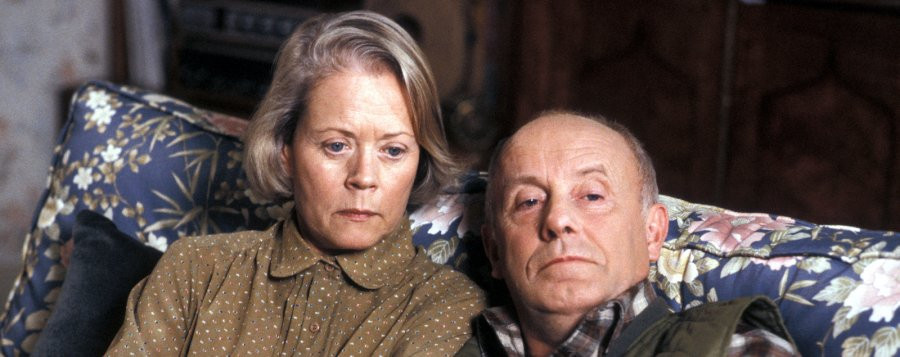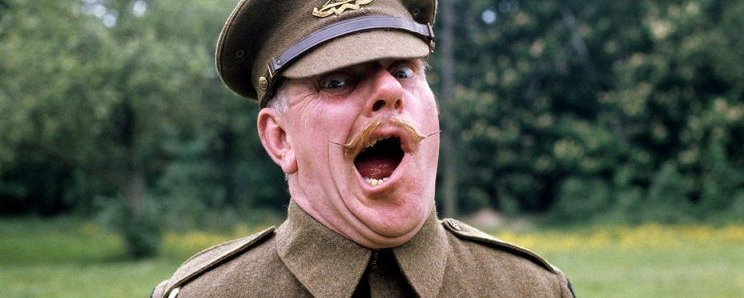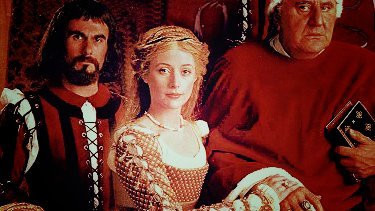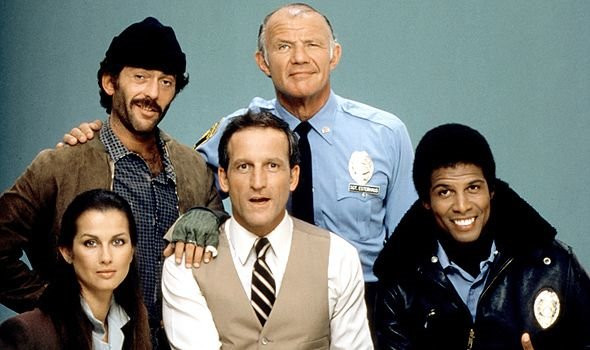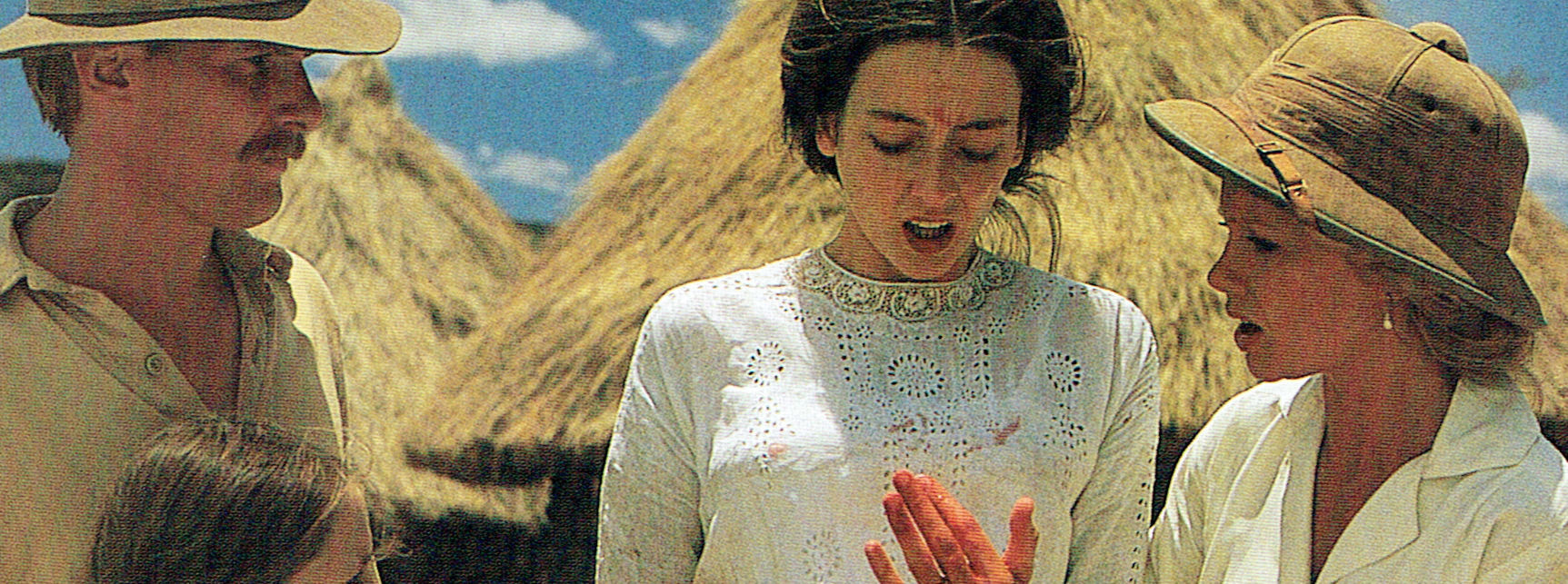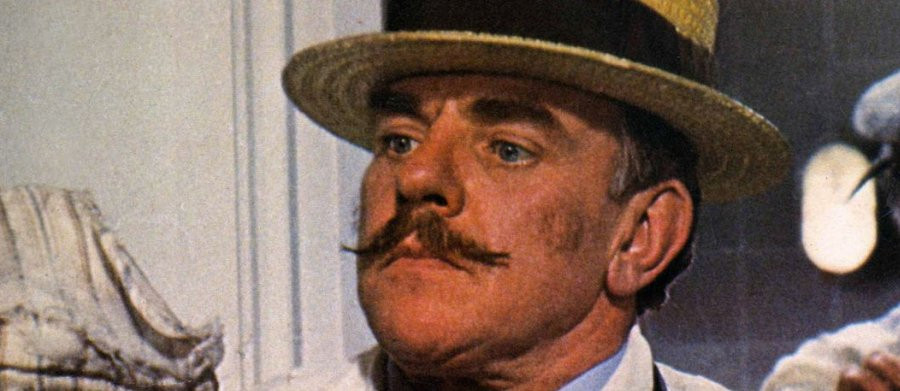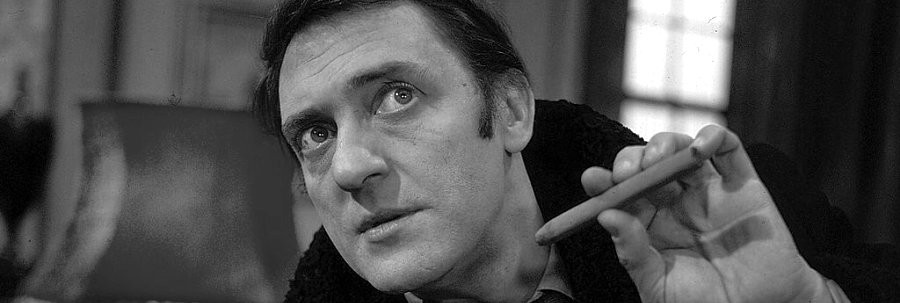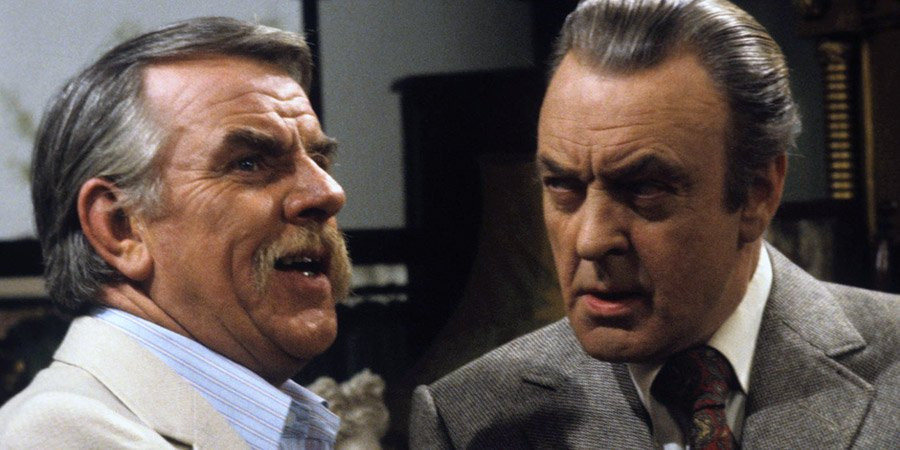
Never the Twain
1981 - United KingdomReview: Brian Slade
With a multitude of sitcom successes under his belt with writing partner Brian Cooke, Johnnie Mortimer began work in 1980 on his first and only solo sitcom writing project. Having had such huge success with Father, Dear Father, Man About the House, George and Mildred and Robin’s Nest it was a brave move to branch out on his own, but in Never the Twain Mortimer struck gold at Thames. Writing eleven series across ten years and providing two of television’s most recognisable talents, it became synonymous with Thames Television’s production line of hit sitcoms in the 1980s.
Mortimer began work on the pilot episode of Never the Twain in 1980. The show was about two feuding former business partners who now lived next door to one another and ran antique businesses in neighbouring shops. The stars for the show were both coming to the end of their most successful runs in sitcom to that point, giving Mortimer a perfect pair of Britain’s finest comedic faces.
Playing Simon Peel was Donald Sinden. Sinden had just finished a fourth and final series of Two’s Company in which he had played a stereotypical British butler employed by brash American Elaine Stritch. In Never the Twain, Sinden’s character adopted an air of superiority over all around him, in particular over his arch nemesis whose store he deemed to be more of a flea market than an upmarket antique store.
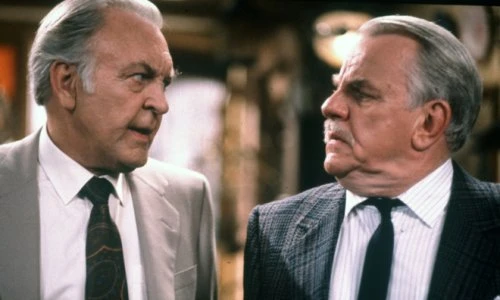
Housed in that neighbouring shop was Oliver Smallbridge, played by the legendary Windsor Davies. Davies had risen to the level of sitcom legend for his role as Sergeant Major ‘Shut-up’ Williams in the smash hit It Ain’t Half Hot Mum. The changing face of British comedy had signalled the end for the David Croft and Jimmy Perry series about a military concert party troupe in India at the end of the Second World War. Davies’ booming ‘Shut Up’ and catch phrase of ‘Oh dear, how sad, never mind’ meant that between him and Sinden, they added the perfect star names for Never the Twain to be successful.
The initial series was based on the premise that not only were the former business partners feuding - to make matters worse, Smallbridge’s daughter and Peel’s son had fallen in love and decided to marry. Consistent with the sparring that underlined stories throughout the full eleven series, neither is prepared to accept that the marriage should take place, nor relished the prospect of being related to the other.
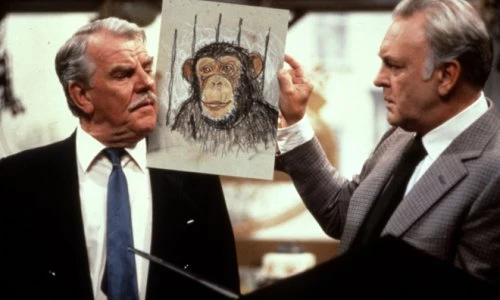
Unusually, the storyline of the frowned upon matrimonials did not outstay its welcome. Mortimer and writers Vince Powell and John Kane who joined the show after the second series, consistently updated the thread of stories that ran through Never the Twain, ensuring that the show was consistently freshened up outside of the main two protagonists. With the wedding completed by the end of the first series, the Smallbridge and Peel rivalry is furthered by their competing for the affections of Honor Blackman in the form of widow Veronica Barton. Peel himself is divorced, while Smallbridge is a widower, and each other aside, the only significant human contact in their lives, aside from their offspring, is their staff.
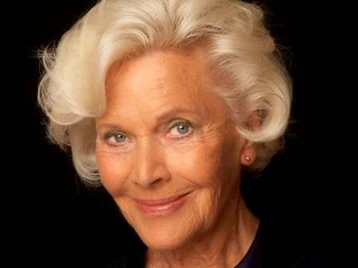
By series three, the newlyweds have left the country for pastures new, and it is the staff that take over as recurring extras in the show, to great effect. Peel has Banks, played by Teddy Turner. Technically Banks is Peel’s butler, but he is far from the English gent that Sinden played in Two’s Company. Smallbridge meanwhile has two characters in his life. Ringo, played by Derek Deadman, is the buffoon shop helper who is perpetually putting his foot in it when the two dealers are scheming against one another. Domestically, not to be outdone by his rival, Smallbridge employs Mrs Sadler, superbly played by Maria Charles. She is intended to be a housekeeper, but she destroys more than she cleans in her wonderfully clumsy role.
The middle few series bring the supporting cast to the fore to great effect, but the writers once again decided to freshen things up. At the end of series seven, after several false starts to their romance, Banks and Mrs Sadler marry and their characters depart the show. The remaining three series switch back to Peel and Smallbridge and their offspring, albeit with new actors playing the roles of the returning Lyn and David, who now bring a grandchild for the antique dealers to compete over.
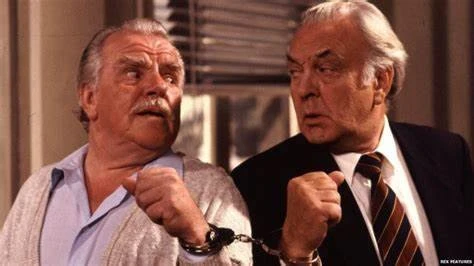
While some of the comedy in the show has an air of predictability, it doesn’t detract from the performances of the leading men. Sinden hams it up wonderfully in the arrogant Peel while Davies, dialled down several notches from his Sergeant Major role, is the more relatable of the two main characters. The supporting cast give fun performances, Deadman and Charles in particular, but eventually, after eleven series the show had to come to an end. In 1991, after 67 episodes of double-crosses, fights over everything from antique candlesticks to prospective new housekeepers, the closed sign went up on Never the Twain.
Although tame by modern standards, there is certainly a familiar warmth to Never the Twain, much of which must be credited to the star performers. The show was the most successful television run in terms of length in the careers of both of its stars, and was a consistent ratings hit for ITV throughout the 1980s. It’s particularly comforting for it to re-appear on nostalgia channels if only to enjoy the talents of Davies, whose most well-known role in It Ain’t Half Hot Mum is consigned to the political correctness bin. It may not have been the yardstick by which other successful comedies are measured, but to achieve an eleven-series run throughout the changing comedy landscape of the 1980s is a testament to just how good Never the Twain actually was.
About Brian Slade
Born and raised in Dorset, Brian turned his back on a twenty-five-year career in IT in order to satisfy his writing passions. After success with magazine articles and smaller biographical pieces, he published his first full-length work, `Simon Cadell: The Authorised Biography'.
Brian is a devoted fan of the comedy stars of yesteryear, citing Eric Morecambe, Ken Dodd, Harpo Marx and Dudley Moore amongst his personal favourites. He was drawn to the story of Simon Cadell through not only `Hi-de-hi!' but also `Life Without George', a programme he identified with having grown up in the Thatcher era.
Published on March 27th, 2020. Written by Brian Slade for Television Heaven.


